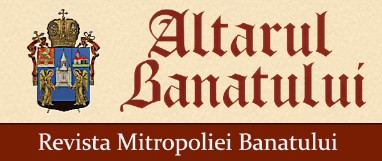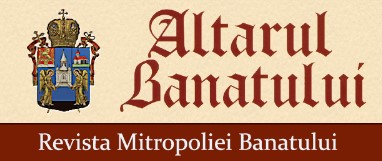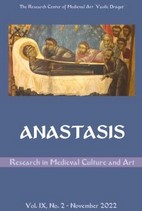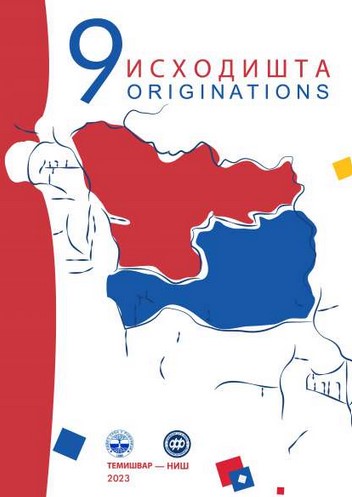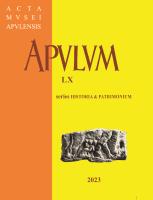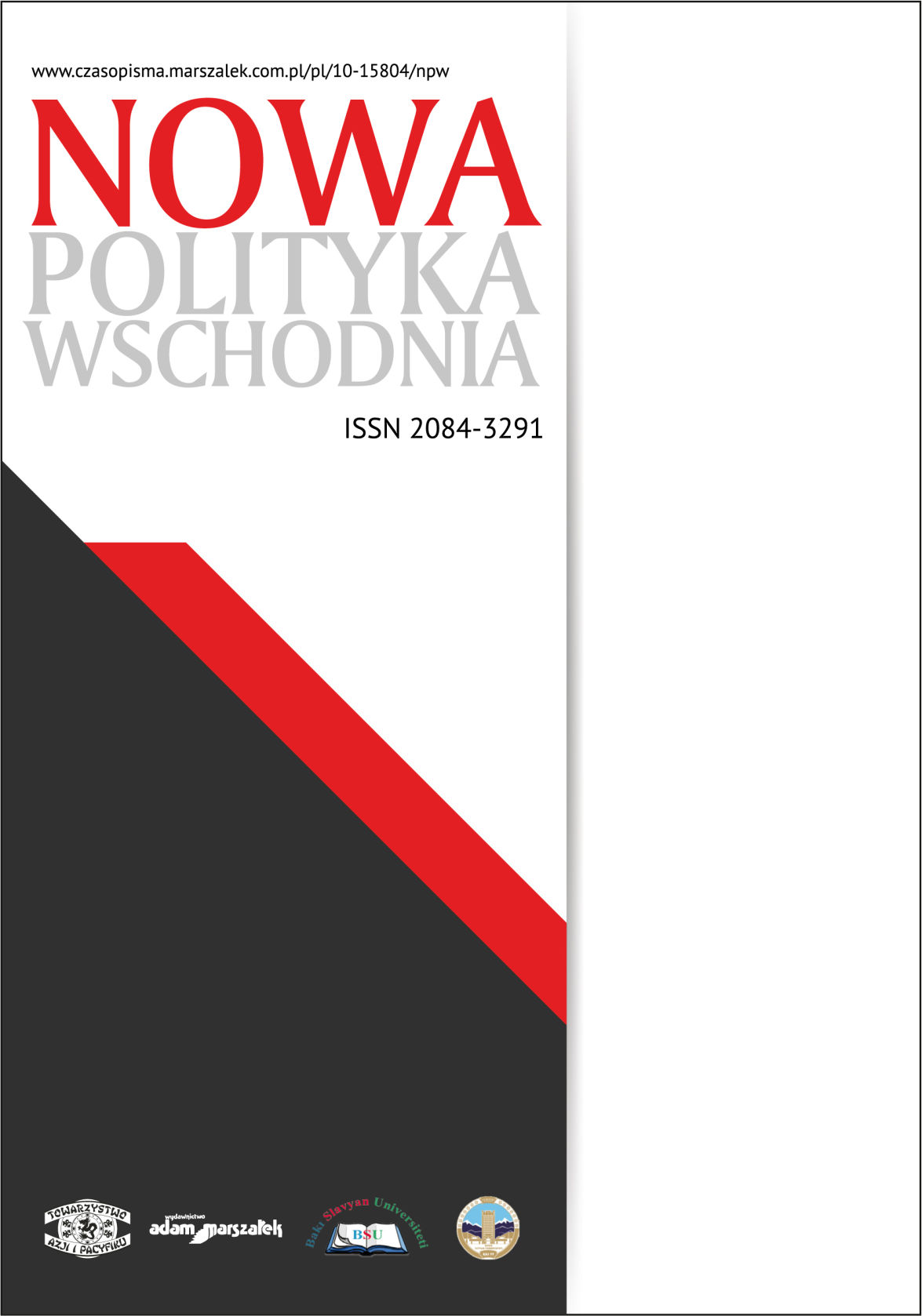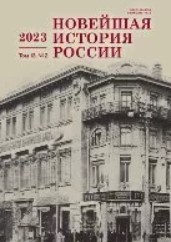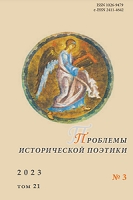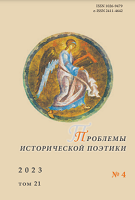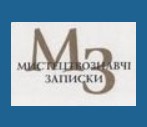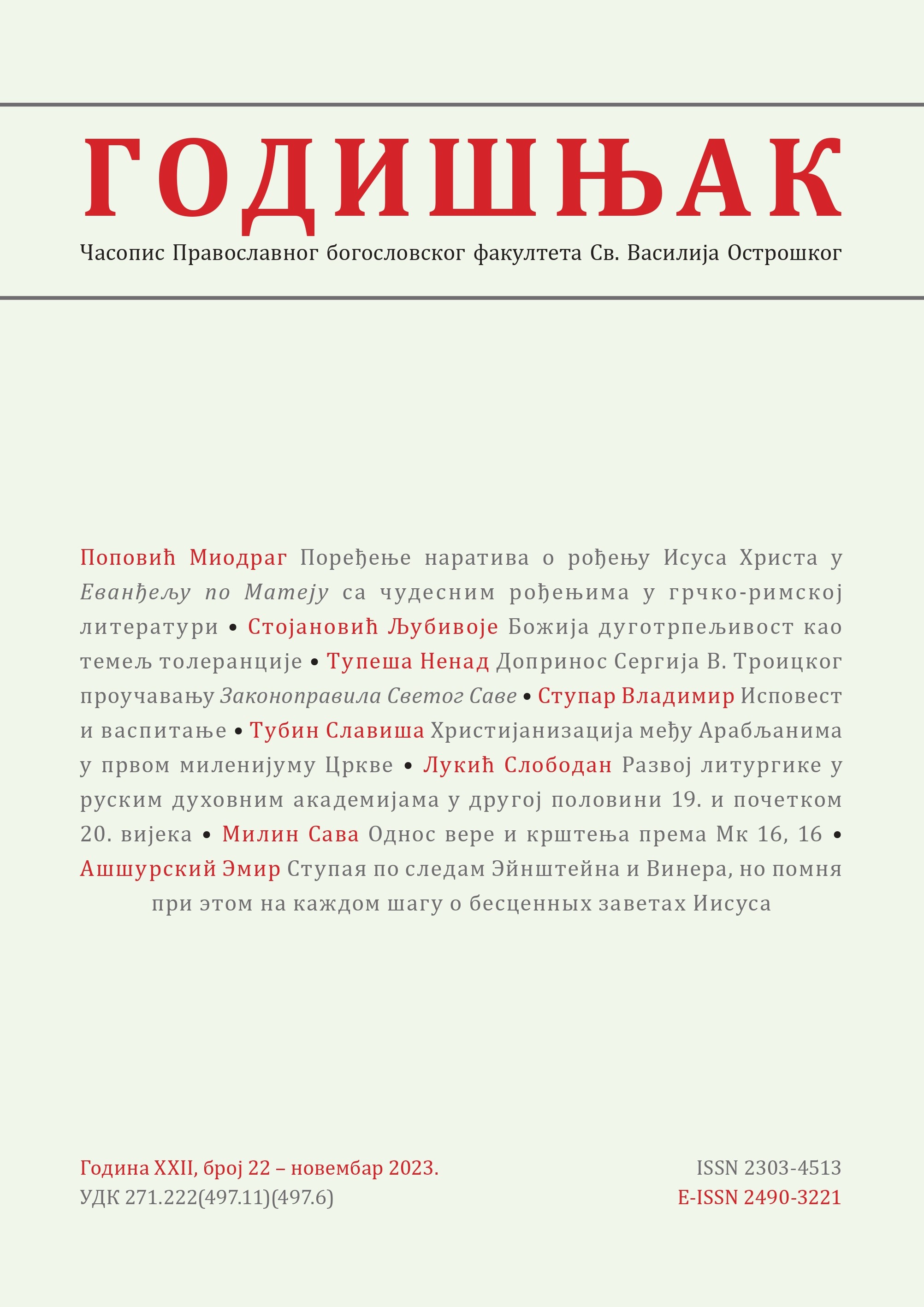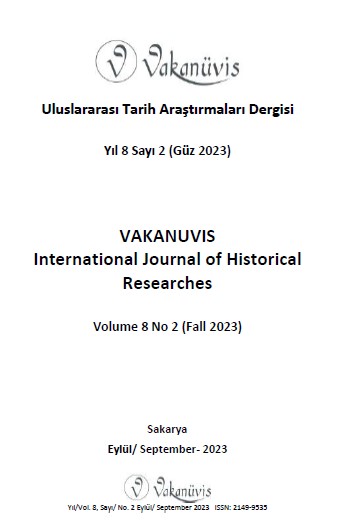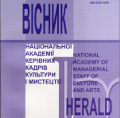Author(s): Filiz Yaşar Keskin / Language(s): Turkish
Issue: 2/2023
In the Ottoman Empire, one of the officials within the hierarchical structure of the Orthodox Greek Patriarchate was the metropolitans. Metropolitans were responsible for the administration of churches and communities in various regions within the jurisdiction of the patriarchate. Their duties included organizing and managing religious ceremonies, providing religious education, overseeing the administration of the church and its properties, supervising the priests, and maintaining internal discipline. This article examines the roles and relationships of metropolitans affiliated with the Istanbul Greek Patriarchate during the Ottoman period. The research analyzes the structure in the XVIIIth century based on contemporary sources. Metropolitans were individuals who served in both religious and administrative capacities within the Ottoman administrative system and the patriarchate. As part of the patriarchal system, metropolitans not only fulfilled religious duties but also performed non-religious tasks such as tax collection and maintaining social balance. Thus, the role of metropolitans extended beyond religious leadership, encompassing significant responsibilities in various aspects of society. For this study, original documents from various classifications in the Ottoman archives of the State Archives of the Presidency of the Republic of Turkey were meticulously examined, and in-depth research was conducted using the historical analysis method based on cause and effect relationships. The findings, along with the existing literature, were evaluated and presented from a scholarly perspective. Based on these investigations, it has been determined and confirmed from Ottoman sources that metropolitans held institutional authority at the spiritual, social, and administrative levels. While fulfilling their responsibilities in line with the relationships between the Patriarchate and the central government, they carried responsibilities towards both authorities. The appointment of metropolitans was subject to the approval of the Patriarchate and the central government, granting them an official status. This confirms that metropolitans possessed both spiritual and official qualities. They operated under the authority of the Patriarchate, implementing its decisions and policies. Additionally, they maintained an indirect relationship with the central bureaucracy of the Ottoman state. However, the pervasive nature of central authority in the Ottoman system meant that this indirect relationship could readily evolve into direct contact. During the XVIIIth century, as cooperation between Ottoman administrative institutions and church institutions increased, the prominence of such roles for metropolitans aligned with the developments of the period. In conclusion, within the Ottoman administrative structure, metropolitans were not solely responsible to the Patriarchate but also held obligations towards the central government. They played significant roles as influential figures assuming both religious and official functions in Ottoman society. Through their direct relations with the Patriarchate and indirect connections with the Ottoman state, they effectively regulated the religious and social life of the community. This duality in their responsibilities derived from the nature of their role, shaping their institutional attributes, and reflected the centralizing tendencies of the Ottoman society's complex structure.
More...
